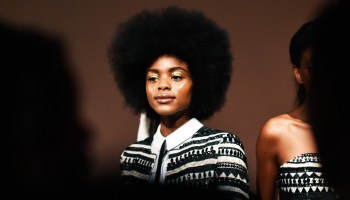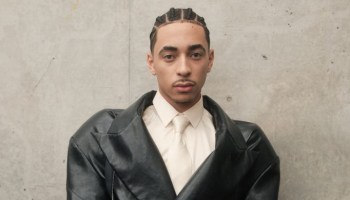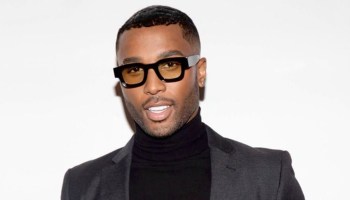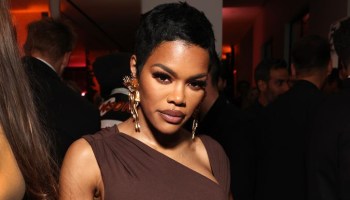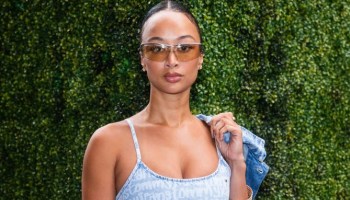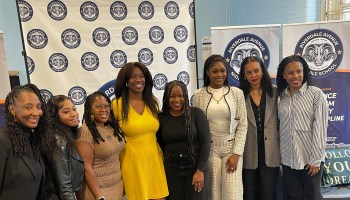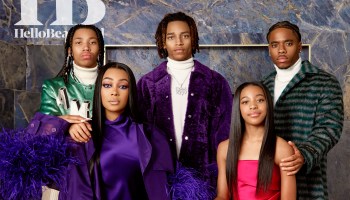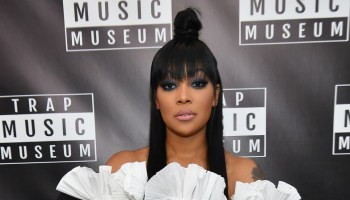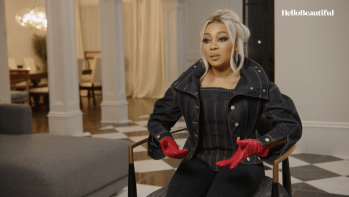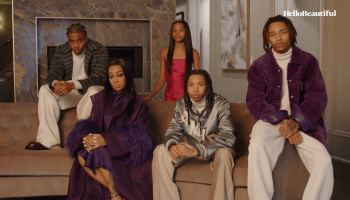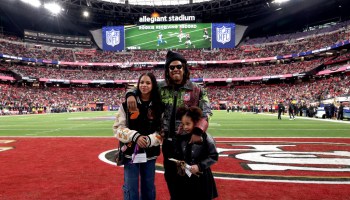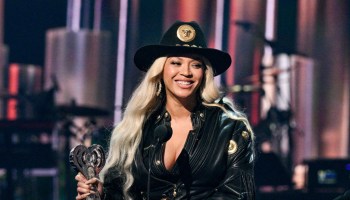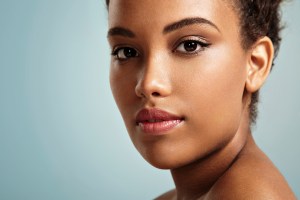
Source: pinkypills/Fuse / Getty
A shady debate is brewing between Black Opal and many of their loyal customers.
If you’ve been following the brand’s Facebook pages, you may know that they’ve been taking some heat for their beauty campaign, which launched last fall, which declared ‘Beauty comes in ALL shades, and Black Opal is for EVERY shade of beauty!”
While the ads featured multiple different shades of women, the one being shared most often on their social networks, it seemed, was an image of a woman who appears to be White. Accompanying the image were the hashtags #defystereotypes and #iDefineMyBeauty.
Naturally, since most of us associate Black Opal with Black women, customers were deeply hurt at the implication that one of their most beloved brands was abandoning the customer base it was built on.
And they weren’t afraid to express it. On Black Opal’s social media pages, women began expressing their concerns, which the brand tell us have been been removed do to a campaign ending on Facebook.
Clutch Magazine was able to capture a few of the comments, however.
“This must not be black owned or black women centered,” one user commented. “I thought Black Opal was geared more towards the women of color,” another user posted. Black Opal responded by saying that they never claimed to be black owned or exclusively marketed to women of color, but rather for every shade of beauty.
Black Opal responded to the controversy describing their brand’s evolution. They wrote:
Although originally founded in the United States to address skin issues for African Americans, with the evolving US landscape and its global expansion into more culturally diverse markets, Black Opal now provides beauty solutions for a wide array of ethnicities, cultures and multihued skins of color.
Today we are are a brand for every shade of beauty and as our founder, Carol Mouyiaris stated in the 1995 article below “We are not exclusive.”
Still, while they clarified that they were initially founded for African Americans, the damage had already been done.
Since then, the debate has been picked up by several sites and is spreading on social media.
While we are here for complexion inclusion, the response to their Black customers’ concerns from a brand that has traditionally been linked to women of color seems a little strange.
Moreover, as fans of Black Opal, we want to see them succeed. Yet the number one rule of business is never to alienate your customer base, especially over deeply sensitive issues like this. Perhaps, before things go too far, they simply need to address their customers concerns as valid. And writing things like “we are not exclusive” probably isn’t the best way to go, as it feels just a TAD condescending accusatory.
Let’s be real here — we KNOW Black women are painfully underrepresented in beauty brands and campaigns.
As BlackGirlLongHair.com writes:
… There seems to be quite a bit of evidence pointing in the direction of Black Opal being created to address the skin care needs of black women. Perhaps they’ve exhausted the black dollar and now want to branch out. That’s fine. Just don’t insult your consumer’s intelligence by telling them that they were never your priority when your WEBSITE and overall longevity in the beauty industry clearly illustrates otherwise.
With so few makeup brands dedicated to women of color, do you feel Black Opal should retain its identity?
Do you feel their comments were insensitive? Let us know!
*UPDATE*
Black Opal has since released a statement to HelloBeautiful, clarifying their stance. It reads:
Black Opal is a cosmetics brand for every shade of beauty. Black Opal was founded in 1994 by Carol Mouyiaris, a woman of Jamaican decent, and Dr. Cheryl Burgess, an African American board certified dermatologist, to address the skin concerns of women of color. Black Opal has never been sold or acquired, and we continue to support the original brand mission today, by bringing to market products that address the needs of all women of color. As the global environment continues to blend ethnically and culturally, Black Opal is working to ensure we are developing beauty solutions for the wide array of ethnicities, cultures and multihued skin represented in today’s women of color.
The brand also says the model used in the ads is not White:
The models hired by Black Opal for the brand’s ad campaigns are all ethnically or culturally diverse of African American, African, Indian, Caribbean or Latin descent.

